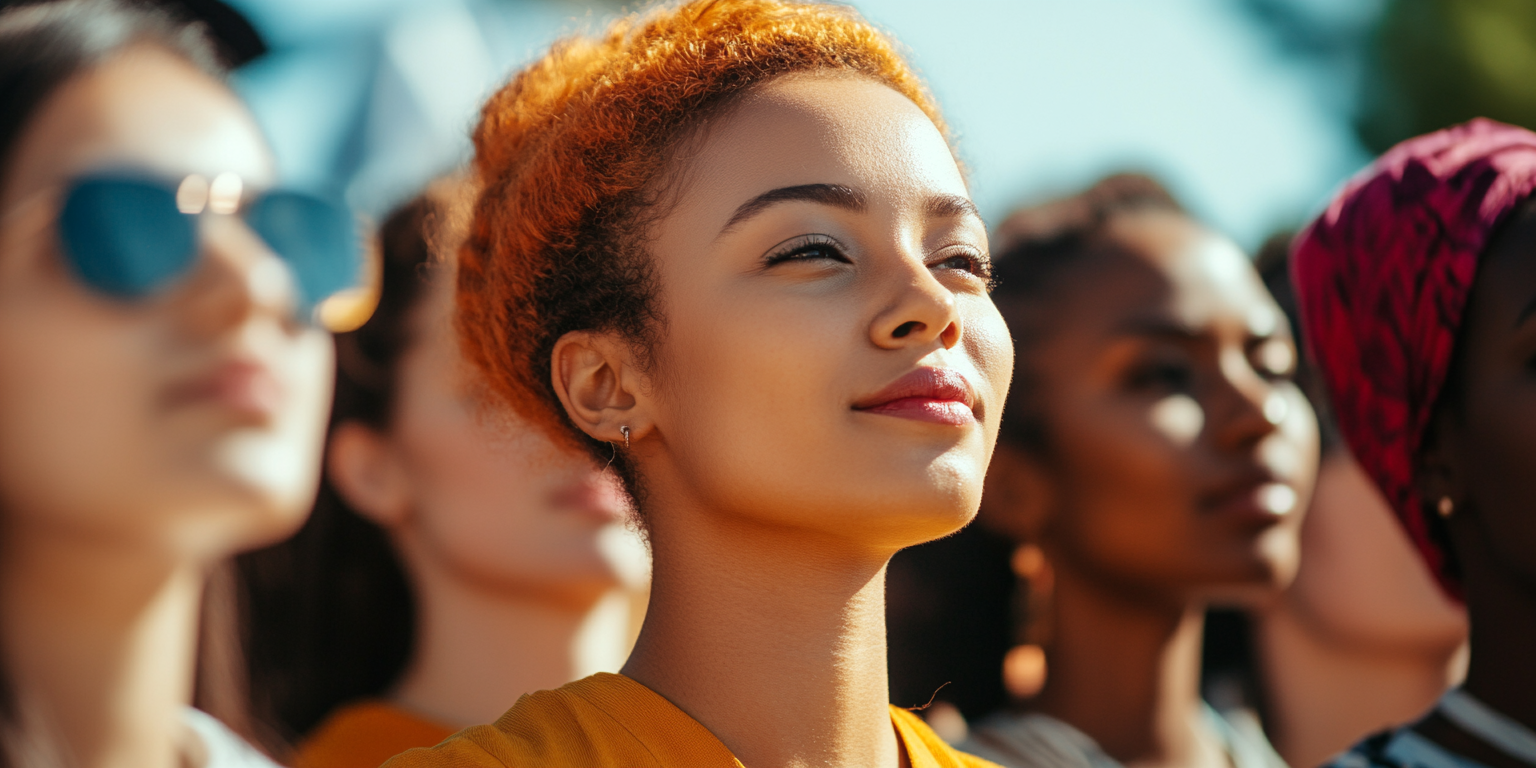From Repression to Recognition: A Brief History of the Global LGBTQ+ Movement
Charting the path from criminalisation to legal rights, and exploring the countries where LGBTQ+ equality is still out of reach in 2025.
The history of the LGBTQ+ movement is a tapestry woven with resilience, activism, and the relentless pursuit of equality. From clandestine gatherings to global pride parades, the journey toward acceptance and legal recognition has been both arduous and inspiring. This overview delves into the pivotal moments that have shaped the movement, the legal milestones achieved, and the challenges that persist in various parts of the world.
The Marketing Made Clear Podcast
Check out the Marketing Made Clear Podcast on all good streaming platforms including Spotify:
Origins and Early Advocacy
The roots of the LGBTQ+ movement trace back to the late 19th and early 20th centuries.
In the UK, figures like Edward Carpenter and John Addington Symonds emerged as early advocates, challenging societal norms and advocating for the decriminalization of homosexuality. Their works laid the groundwork for future activism, emphasising the naturalness and validity of same-sex love.
Across the Atlantic, the formation of groups such as the Mattachine Society (1950) and the Daughters of Bilitis (1955) marked the beginning of organised LGBTQ+ advocacy in the United States. These organisations provided support networks and lobbied for civil rights, setting the stage for more confrontational activism in the decades to follow.
The Stonewall Uprising and Its Aftermath
A watershed moment occurred on June 28, 1969, with the Stonewall Uprising in New York City. Following a police raid on the Stonewall Inn, a gay bar in Greenwich Village, patrons and community members resisted, leading to several days of protests. This act of defiance galvanised the LGBTQ+ community, sparking the modern gay rights movement and leading to the formation of activist groups like the Gay Liberation Front.
The first Pride marches were held in 1970 to commemorate the anniversary of Stonewall, evolving into annual events worldwide that celebrate LGBTQ+ identity and advocate for equal rights.

Legal Milestones: Decriminalisation and Marriage Equality
Decriminalisation of Homosexuality
The journey toward legal recognition began with the decriminalisation of homosexuality. France set a precedent in 1791 by removing sodomy laws during the French Revolution. However, many countries, influenced by colonial-era laws, continued to criminalise same-sex relations well into the 20th century.
In the UK, homosexual acts between consenting adults were decriminalised in England and Wales in 1967, followed by Scotland in 1980 and Northern Ireland in 1982. Globally, the trend toward decriminalization gained momentum in the late 20th and early 21st centuries, with numerous countries repealing anti-LGBTQ+ laws.
Legalisation of Same-Sex Marriage
The push for marriage equality saw significant victories starting in the early 2000s. The Netherlands became the first country to legalise same-sex marriage in 2001. Since then, over 30 countries have followed suit, including Canada (2005), South Africa (2006), the United States (2015), and Australia (2017).
In the UK, same-sex marriage became legal in England and Wales in 2013, Scotland in 2014, and Northern Ireland in 2020. These legal advancements have been pivotal in affirming the rights and dignity of LGBTQ+ individuals.
Global Disparities: Countries Without Legal Recognition
Despite progress, as of 2025, numerous countries continue to criminalise homosexuality or deny legal recognition to same-sex relationships. In some regions, LGBTQ+ individuals face severe penalties, including imprisonment or even the death penalty.
Countries where homosexuality remains illegal include:
-
Nigeria
-
Saudi Arabia
-
Iran
-
Uganda
-
Pakistan
Additionally, many nations do not recognise same-sex marriages or civil unions, leaving LGBTQ+ couples without legal protections afforded to heterosexual couples. These disparities underscore the ongoing challenges faced by the global LGBTQ+ community.
The Road Ahead
The LGBTQ+ movement has achieved remarkable progress over the past century, transforming from marginalised activism to a global force for equality. Yet, the journey is far from over. Continued efforts are essential to combat discrimination, change oppressive laws, and foster inclusive societies where all individuals, regardless of sexual orientation or gender identity, can live freely and authentically.


